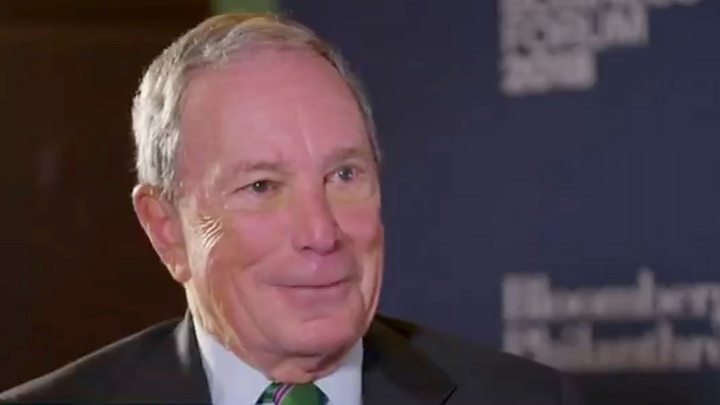
Billionaire former New York Mayor Michael Bloomberg has officially announced he is standing to be the Democratic Party presidential nominee.
"The stakes could not be higher. We must win this election," Mr Bloomberg wrote.
He joins 17 other candidates vying for the Democratic nomination to take on Mr Trump in 2020.
As things stand, former Vice-President Joe Biden, Senators Elizabeth Warren and Bernie Sanders are the party's front-runners.

Mr Bloomberg is said to be concerned the current field is not strong enough to challenge the president.
He enters the race after months of debate over wealth inequality in the US, with Mr Sanders and Ms Warren announcing plans for steep tax rises for billionaires. Unveiling his tax proposals in September, Mr Sanders said: "Billionaires should not exist."
President Trump taunted Mr Bloomberg earlier in November, saying there was "nobody I'd rather run against than little Michael".
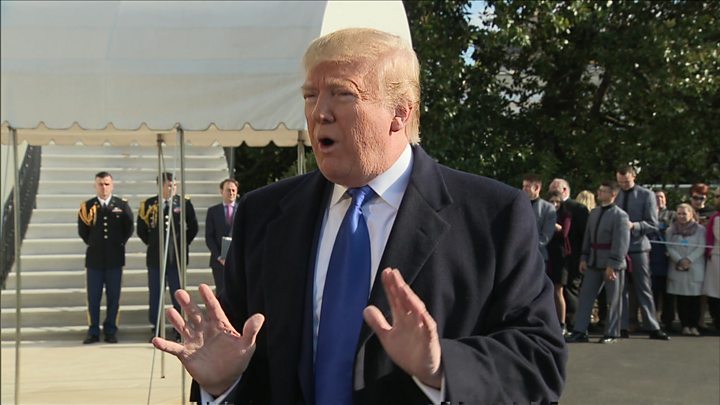
The same day, Mr Bloomberg filed paperwork for the Democratic primary election in Alabama.
Who is Mr Bloomberg?
Michael Bloomberg is the eighth richest American with a net-worth of $54.4bn (£35bn), according to Forbes.
Born in Massachusetts, he started out in business as a Wall Street banker before going on to create the financial publishing empire that bears his name.
Over the years he has given millions of dollars to educational, medical and other causes - including political ones.
He staged a successful campaign to become New York mayor in 2001 and remained in office for three consecutive terms until 2013.
Rumours of presidential ambitions have surrounded him for more than a decade.
Why is Bloomberg running?

Mr Bloomberg is a very data-driven businessman. But it doesn't take an advanced degree in quantitative analysis to realise that the Democratic field, even at this (relatively) late date is still in flux.
There are four candidates at or near the top of early state and national primary polls - all with their strengths, of course, but also obvious weaknesses. His strategy appears to be to let the other candidates fight it out in the early voting states, then take on a diminished field later in the process, where his near unlimited resources will allow him to compete in the dozens of states that vote in March.
It's a risky play that only someone of Mr Bloomberg's vast wealth can afford to make.
Even so, it takes quite a leap of faith to imagine that Democrats these days are ready to jump over to a New York City plutocrat ex-Republican with a smorgasbord of a record that's business friendly, fiscally conservative and includes opposition to government-run health insurance and legalised marijuana, and past support for aggressive policing measures.
At the very least, however, his entry will provide him a means to push a party that he sees drifting dangerous leftward back to the pro-business centre.


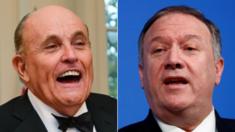
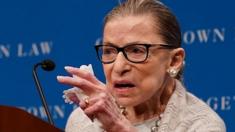







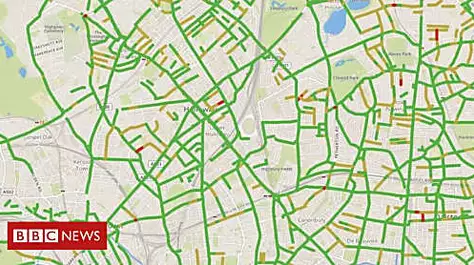







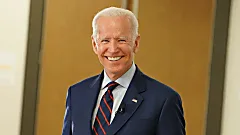














No comments:
Post a Comment